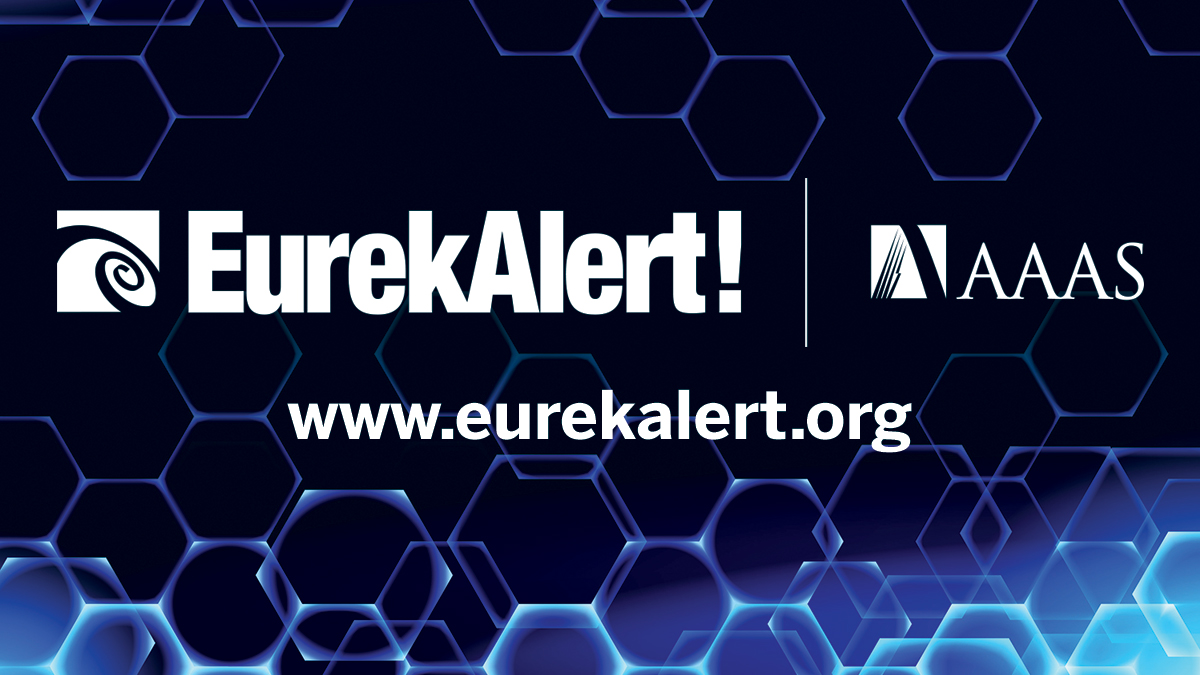
A new study looking across a large body of research finds further evidence for the safety of vaccines that are Food and Drug Administration-approved and routinely recommended for children, adults and pregnant women. The study updates a vaccine safety review that was released by the federal Agency for Healthcare Research and Quality in 2014.
“This in-depth analysis found no evidence of increased risk of serious adverse events following vaccines, apart from a few – previously known – associations,” said Susanne Hempel, director of the Southern California Evidence Review Center.
The meta-analysis, published in the journal Vaccine, does not address the safety of COVID-19 vaccines, but summarizes the results of 338 studies of other vaccines commonly given across the lifespan.
“These findings support decisions to vaccinate to protect ourselves and our communities from a variety of diseases,” said Dr. Courtney Gidengil, the study’s lead author and a senior physician policy researcher at the RAND Corporation, a nonprofit research organization. “This research is an important reminder that vaccines are safe and any risk they may pose is far outweighed by their ability to protect against diseases.”
The study included reviews of vaccines for diseases such as influenza, measles, mumps, shingles, whooping cough, tetanus and human papillomavirus (HPV)-associated cancers. While vaccination rates for children remain high, rates for adults and pregnant women consistently lag.
With funding from AHRQ, researchers conducted a systematic review of relevant vaccine safety research for key adverse events, which are events of special interest that were selected with the help of vaccine experts.
Among the findings about individual vaccines, researchers found that the strength of evidence was high for no increased risk of autism among children following the measles, mumps and rubella vaccine (MMR). The strength of evidence was high that MMR is associated with an increased but still low risk of febrile seizures, an adverse event that seldom has long-term consequences.
For older children and adolescents, there was no evidence of increased risk for key adverse events for newer vaccines such as 9-valent HPV vaccine, which prevents infections that lead to cervical and other types of cancers, and serogroup B meningococcal vaccines, which prevent a type of bacterial meningitis, though there was insufficient evidence to draw firm conclusions for some key adverse events that are rare.
For adults, there was no evidence of increased risk for key adverse events for the new recombinant adjuvanted zoster vaccine which prevents shingles, the hepatitis B vaccine with novel immunostimulatory adjuvant, and newer influenza vaccines such as the adjuvanted influenza vaccine recommended for older adults.
The study found no evidence of increased risk for key adverse events among pregnant women following tetanus, diphtheria and acellular pertussis vaccine (Tdap), including stillbirth.
Researchers say that studying adverse events associated with vaccines can be difficult because the events are rare and can be caused by other factors. Therefore, it is important to continue to conduct ongoing population-based vaccine safety studies and post-marketing surveillance of vaccine safety after vaccines are licensed by the FDA to identify rare and serious adverse events.
Future vaccine safety research needs to take into account the expanding landscape of new vaccines and vaccine technologies, in particular the new COVID-19 vaccines, according to the researchers.
###
In addition to the journal article, AHRQ has made available findings from the systematic review, “Safety of Vaccines Used for Routine Immunization in the United States: An Update,” on the AHRQ website.
Other authors of the study are Matthew Bidwell Goetz of the VA Greater Los Angeles Healthcare System and the David Geffen School of Medicine at UCLA; Margaret Maglione, Sydne Newberry, Owen Hall and Jody Larkin, all of RAND; and Aneesa Motala of the University of Southern California and RAND. Hempel is associated with the University of Southern California and RAND.
Vaccine is the journal for those interested in vaccines and vaccination. It is the official journal of The Edward Jenner Society and The Japanese Society for Vaccinology, and is published by Elsevier.
RAND Health Care promotes healthier societies by improving health care systems in the United States and other countries.
Disclaimer: AAAS and EurekAlert! are not responsible for the accuracy of news releases posted to EurekAlert! by contributing institutions or for the use of any information through the EurekAlert system.
